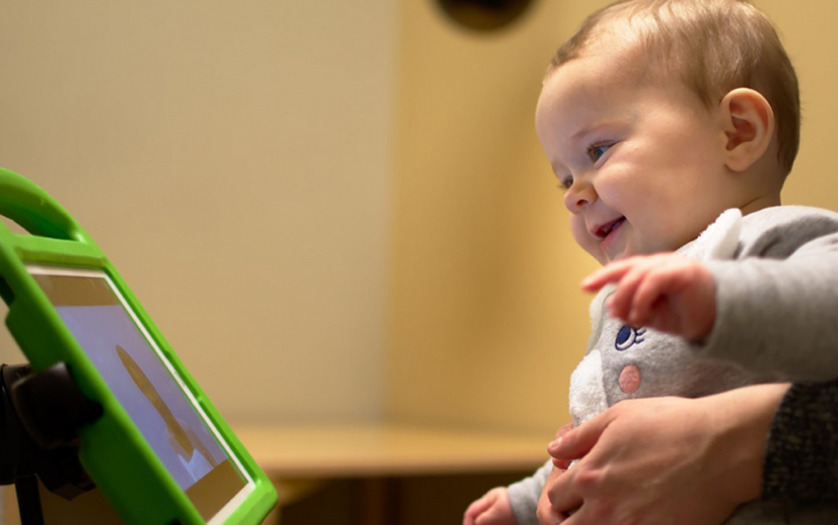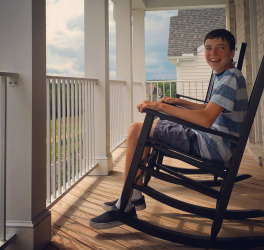
Documented cases of autism spectrum disorder (ASD) in the New York–New Jersey metro region increased by as much as 500 percent between 2000 and 2016, with the highest increase among children without intellectual disabilities, according to a Rutgers study.
This is the opposite of past findings, which have suggested that autism typically co-occurs with intellectual impairment.
“One of the assumptions about ASD is that it occurs alongside intellectual disabilities,” said Josephine Shenouda, an adjunct professor at the Rutgers School of Public Health and lead author of the study published in the journal Pediatrics. “This claim was supported by older studies suggesting that up to 75 percent of children with autism also have intellectual disability.”
“What our paper shows is that this assumption is not true,” Shenouda said. “In fact, in this study, two-in-three children with autism had no intellectual disability whatsoever.”
Using biannual data from the New Jersey Autism Study, researchers identified 4,661 8-year-olds with ASD in four New Jersey counties (Essex, Hudson, Ocean and Union) during the study period. Of these, 1,505 (32.3 percent) had an intellectual disability; 2,764 (59.3 percent) did not.
Subsequent analysis found that rates of ASD co-occurring with intellectual disability increased two-fold between 2000 and 2016 – from 2.9 per 1,000 to 7.3 per 1,000. Rates of ASD with no intellectual disability jumped five-fold, from 3.8 per 1,000 to 18.9 per 1,000.
Shenouda said there may be explanations for the observed increases, though more research is needed to specify the precise causes.
“Better awareness of and testing for ASD does play a role,” said Walter Zahorodny, associate professor at the Rutgers New Jersey Medical School and senior author on the study. “But the fact that we saw a 500 percent increase in autism among kids without any intellectual disabilities – children we know are falling through the cracks – suggests that something else is also driving the surge.”
ASD prevalence has been shown to be associated with race and socioeconomic status. The Rutgers study identified that Black children with ASD and no intellectual disabilities were 30 percent less likely to be identified compared with White children, while kids living in affluent areas were 80 percent more likely to be identified with ASD and no intellectual disabilities compared with children in underserved areas.
Using New Jersey Autism Study data and U.S. census data, the researchers were able to estimate rates of ASD undercounting in the four counties.
Shenouda said that addressing the findings could help close identification gaps and eventually bring much-needed ASD services to lower-income areas.
“With up to 72 percent of the ASD population having borderline or average intellectual ability, emphasis should be placed on early screening, early identification and early intervention,” she said. “Because gains in intellectual functioning are proportionate with intense intervention at younger ages, it’s essential that universal screening is in place, especially in underserved communities.








